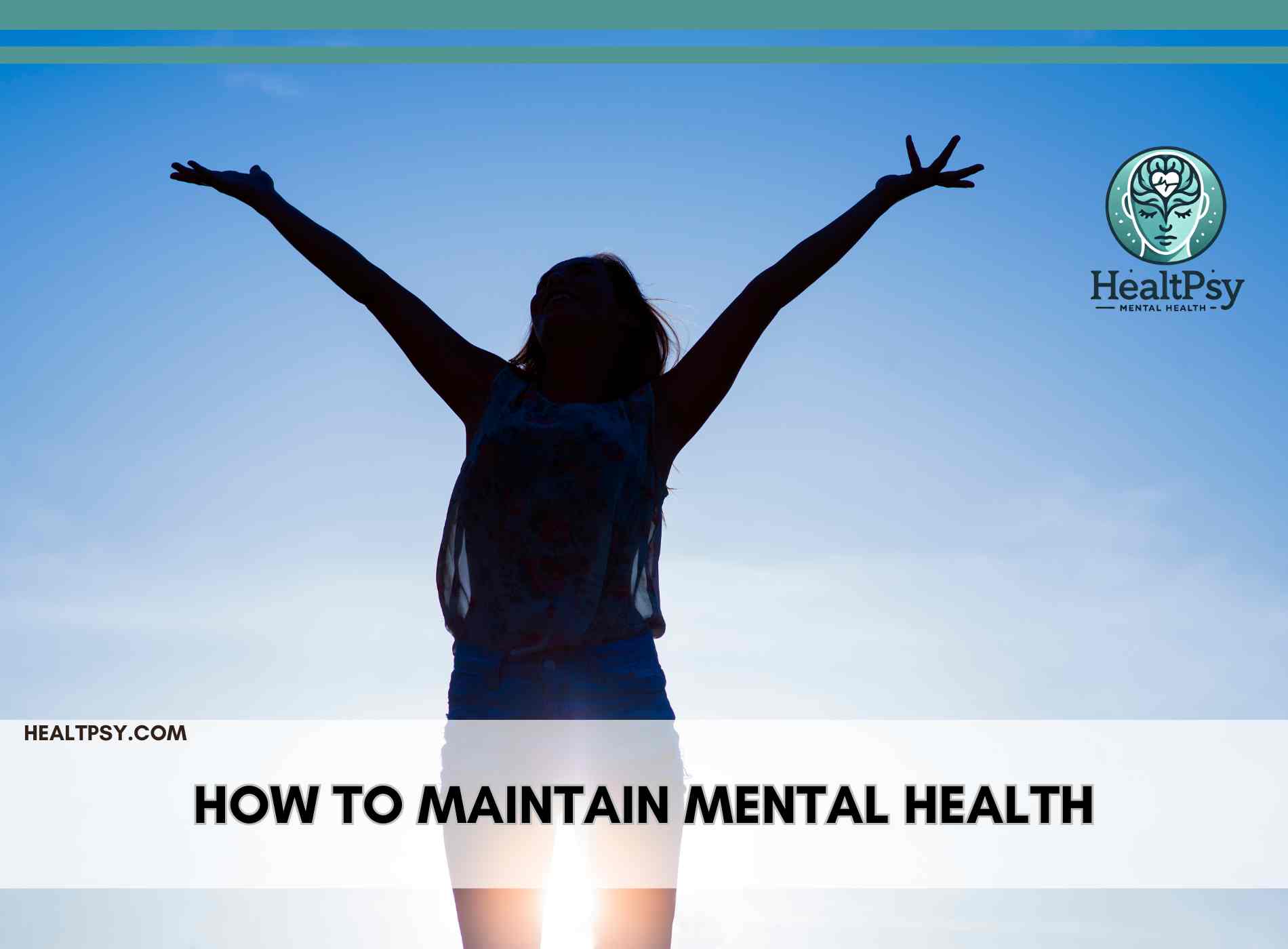How to Maintain Mental Health: Practical Tips for Everyday Life
Introduction
Mental health maintenance is essential for leading a balanced and fulfilling life. By incorporating simple yet effective strategies into your daily routine, you can manage stress, enhance emotional well-being, and improve overall quality of life. This article provides 7 practical tips to help you maintain mental health effectively.
Why Maintaining Mental Health is Important
Good mental health allows individuals to cope with life’s challenges, form meaningful relationships, and achieve their goals. Failing to prioritize mental health can lead to stress, anxiety, and other emotional challenges, affecting physical health and productivity.
7 Practical Tips to Maintain Mental Health
1. Manage Stress Effectively
Stress is a natural part of life, but unmanaged stress can harm your mental health. Practice techniques like deep breathing, journaling, or meditation to reduce stress and promote calmness.
2. Build Positive Relationships
Strong social connections are a cornerstone of mental well-being. Spend time with loved ones, communicate openly, and foster supportive friendships to enhance your emotional health.
3. Stay Physically Active
Regular physical activity benefits both body and mind. Exercise releases endorphins, which boost mood and reduce stress. Aim for at least 30 minutes of moderate exercise most days of the week.
4. Practice Mindfulness
Mindfulness involves focusing on the present moment without judgment. Techniques like meditation and gratitude journaling can improve emotional awareness and reduce negative thinking patterns.
5. Prioritize Sleep
Sleep plays a vital role in mental health. Create a consistent sleep routine, avoid screens before bedtime, and aim for 7-9 hours of quality sleep each night.
6. Nurture Hobbies and Interests
Engaging in hobbies or creative activities can boost your mental health by reducing stress and promoting a sense of achievement. Dedicate time to activities you enjoy, whether it’s painting, gardening, or reading.
7. Seek Professional Help When Needed
If you’re experiencing persistent emotional difficulties, consulting a mental health professional can provide valuable support and strategies tailored to your needs. Therapists, counselors, and psychiatrists can help identify underlying issues, develop coping mechanisms, and offer guidance for maintaining mental health. Seeking help early can prevent symptoms from worsening and improve overall well-being. Don’t hesitate to explore therapy options, support groups, or helplines for professional assistance, as they play a crucial role in maintaining mental health and fostering emotional resilience.
Conclusion
Maintaining mental health is a lifelong process that requires intentional effort. By following these practical tips, you can enhance your emotional resilience, reduce stress, and lead a more balanced life. Remember, seeking help when needed is a sign of strength, not weakness.
References
Maintain Mental Health, Maintain Mental Health, Maintain Mental Health, Maintain Mental Health,Maintain Mental Health
you might also like




